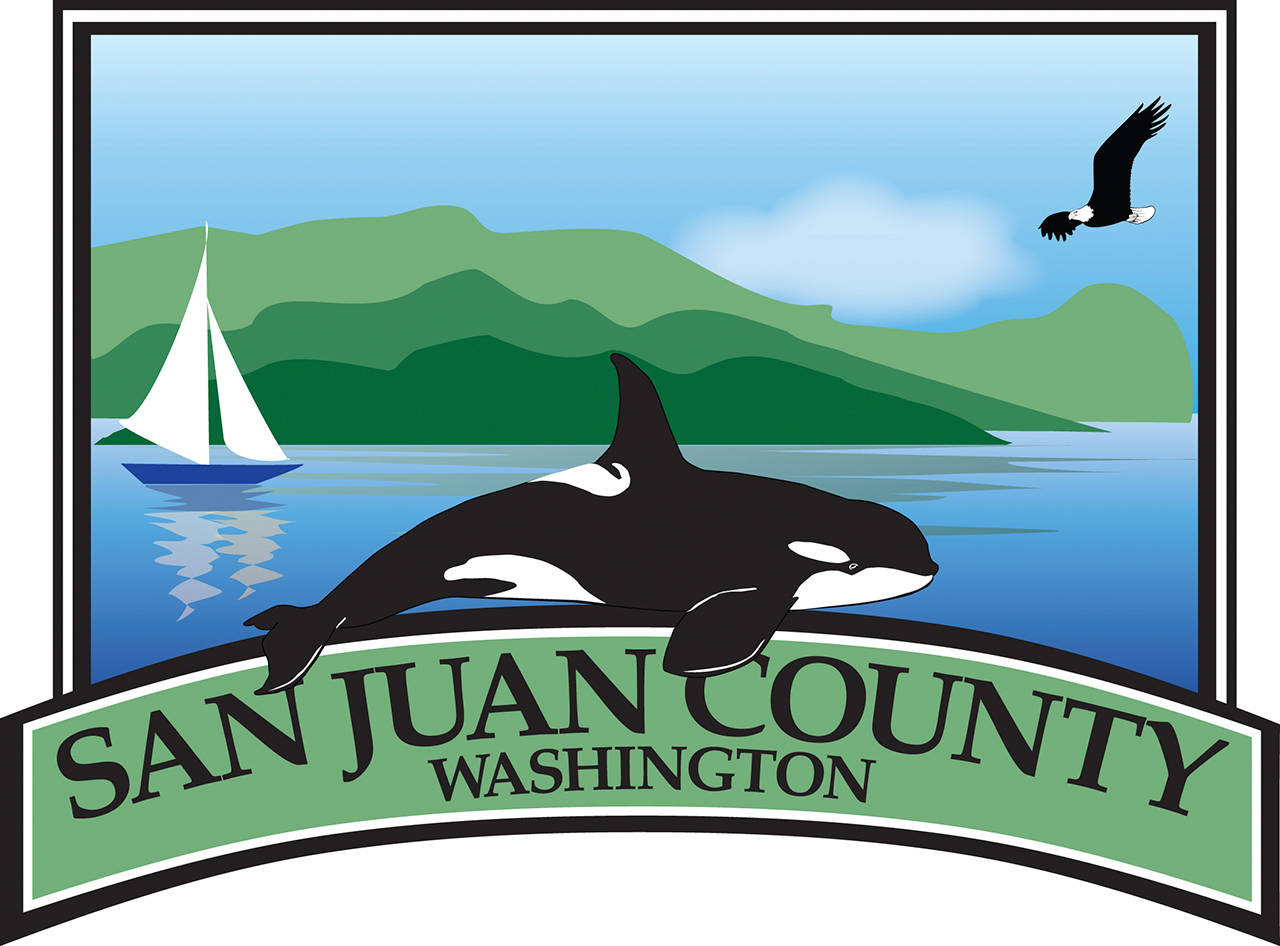An additional tax potentially added to the sale of local real estate could fund affordable housing projects in San Juan County.
A proposal to send the measure to the November 2018 ballots was presented to the San Juan County Council on Feb. 13 by an affordable housing workgroup comprised of elected officials, government employees, nonprofit staff, and private citizens.
The workgroup created the county’s strategic plan for affordable housing, which included finding ways to fund local affordable housing projects. The plan was adopted by the county council last March.
If the measure passes in November, a 0.5 percent tax would be placed on all San Juan County real estate sales starting 30 days after the election is certified.
At the county council meeting, it was suggested that the buyer would pay the vast majority of the tax, though the state code mandates the seller would also contribute. Ryan Page, the county’s affordable housing coordinator, told the Journal “you will likely see the buyer’s obligation as 99 percent and the seller to pay 1 percent.”
Revenue from the tax would be available by 2020 and applications to receive the monies would be submitted in 2019.
The tax is projected to generate $15,166,505 from December 2018 through 2030, if it passes. According to the presentation given to the county council, state code mandates the tax revenue to serve “very low-, low- and moderate-income persons and those with special needs.”
Funds would pay for such areas as developing and preserving affordable rented and owned houses. Monies could also possibly cover other types of dwellings needed by locals, like apartments, manufactured homes and tiny homes.
Funded projects would be mandated to enforce affordability restrictions for a minimum of 30 years. However, projects that aim to remain perpetually affordable would be given the highest priority.
The tax revenue cannot be used to cover rental or housing assistance. The county is also not allowed to directly develop, own or operate affordable housing units, according to the comprehensive plan, states the presentation.
The workgroup also studied property and sales taxes as a funding source. They chose the real estate excise tax, states the presentation, because it would serve the largest population and wouldn’t increase the “property tax burden” on county residents. The tax also wouldn’t affect residents who aren’t buying or selling real estate and is a stable revenue source.
According to the presentation, in San Juan County, about 22 percent of the owner-occupied housing falls between $100,000 and $300,000, while in the state, about 50 percent of housing falls into that range.
The report also states that renter-occupied housing makes up about 16 percent of the county’s housing units, which is 50 percent lower than Washington’s average.
The proposal will be presented to the county council two more times.
Watch the presentation and view the proposal at www.sanjuanco.com.




